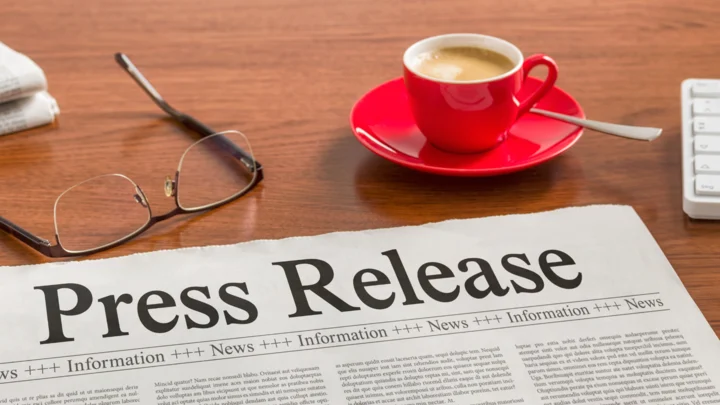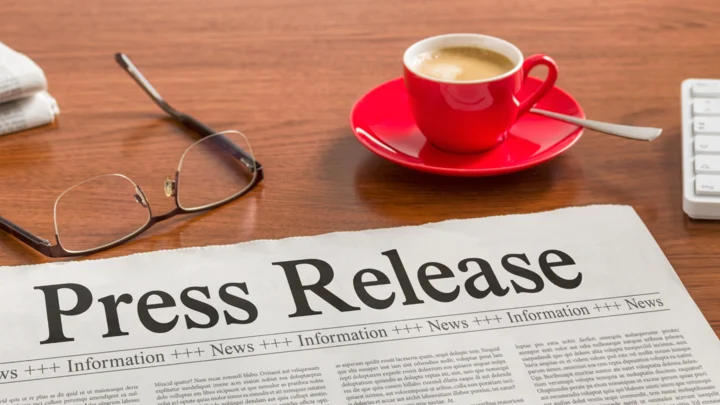Largo, FL – Clean Recovery Centers, a local rehabilitation and mental health facility, has published an article exploring the relationship between bipolar disorder and alcohol use. The facility’s treatment team specializes in simultaneously addressing mental health conditions and substance use disorders.
Research indicates that alcohol use is often linked with bipolar disorder, with approximately 45% of individuals diagnosed with bipolar I or II disorder also experiencing a co-occurring alcohol use disorder. The interplay between these conditions can severely affect mood, emotions, and behavior. Bipolar disorder is characterized by extreme mood swings, shifting from manic highs to depressive lows. Alcohol, acting as a central nervous system depressant, can worsen these mood fluctuations, intensifying symptoms.
The article highlights that while mood shifts in bipolar disorder can sometimes be triggered, they often occur unpredictably. Alcohol consumption can also lead to mood changes; initial consumption may create feelings of euphoria or relaxation, but prolonged drinking can lead to irritability and sadness. This dual impact can exacerbate mood instability in individuals with bipolar disorder.
In addition to mood swings, anxiety and depressive symptoms commonly accompany both conditions. Many individuals may turn to alcohol as a coping strategy for stress or sadness, but this can lead to increased anxiety and depressive feelings over time. Those with bipolar disorder who consume alcohol may experience more frequent and intense episodes of mania and depression.
The article explains that alcohol does not alleviate symptoms of bipolar disorder but often amplifies them. During depressive episodes, alcohol can deepen feelings of hopelessness and guilt, while during manic phases, it may lead to reckless behavior and confrontations, resulting in further emotional turmoil. Individuals who self-medicate with alcohol risk developing an alcohol use disorder. As they consume alcohol more frequently, their bodies can build tolerance, leading to increased consumption and physical dependence. Withdrawal symptoms and cravings become evident, perpetuating the cycle of drinking.
Managing bipolar disorder typically requires a combination of medications, including mood stabilizers, antipsychotics, and antidepressants. However, combining alcohol with these medications can lead to heightened side effects. For instance, sedative medications intended for managing manic episodes can increase sedation when mixed with alcohol, posing serious health risks, including respiratory complications.
To ensure safe treatment options, individuals are encouraged to consult healthcare professionals about the implications of alcohol consumption while undergoing mental health treatment. Clean Recovery Centers offers a supportive environment for those struggling with substance use disorders, mental health issues, or both. Their expert team focuses on addressing all aspects of a person’s health and recovery simultaneously, providing a flexible program tailored to individual needs.
For more information about Clean Recovery Centers and their treatment programs, call (888) 330-2532 or visit their website.



